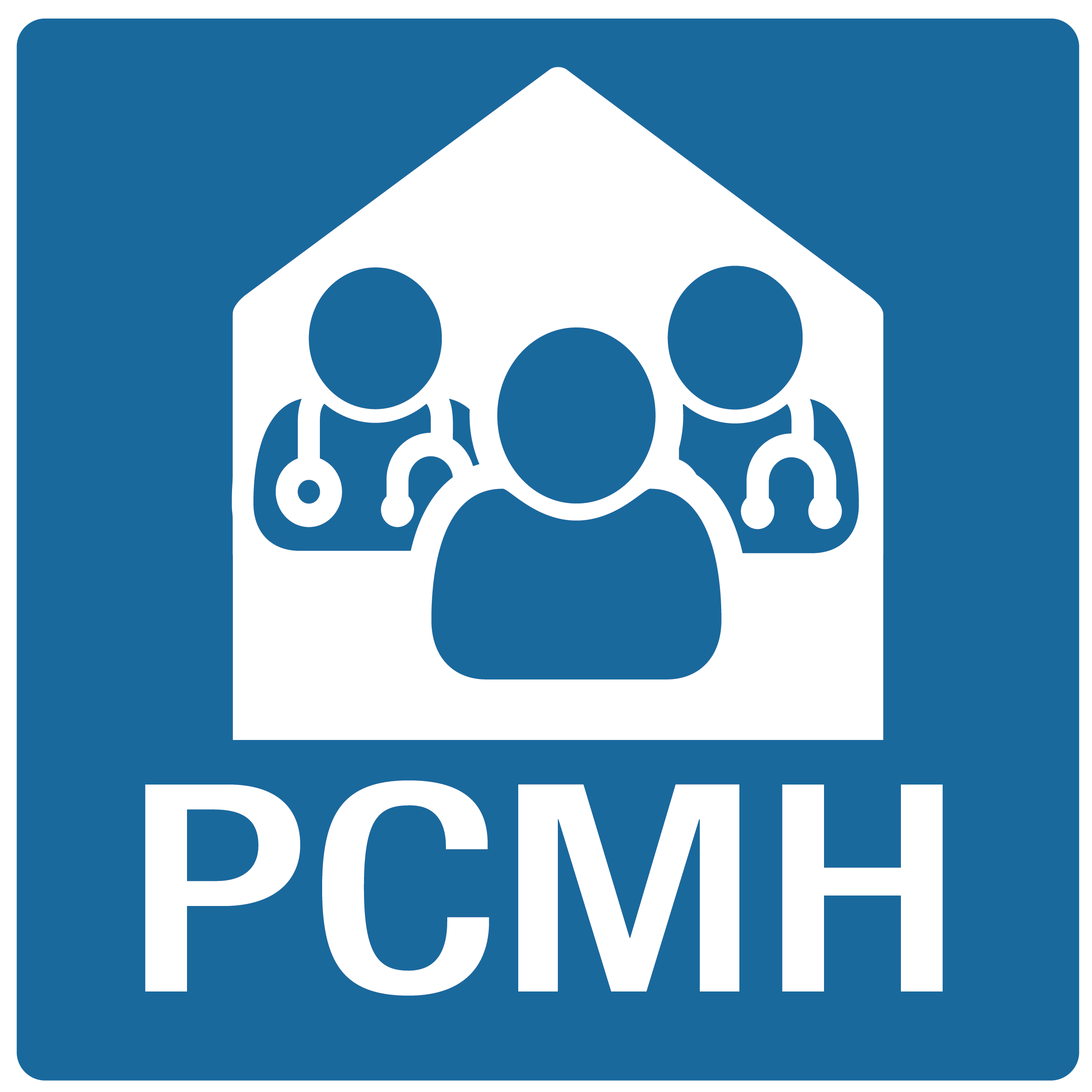To Buy Cymbalta Online Visit Our Pharmacy ↓
 Cymbalta for Depression: Understanding Dosage and Effectiveness
Cymbalta for Depression: Understanding Dosage and Effectiveness
Introduction to Cymbalta for Depression
Cymbalta, also known by its generic name duloxetine, is a commonly prescribed medication used in the treatment of depression. It belongs to a class of drugs called serotonin-norepinephrine reuptake inhibitors (SNRIs), which work by restoring the balance of certain natural substances in the brain. Understanding how Cymbalta functions in the body can provide valuable insights into its effectiveness as an antidepressant. Patients prescribed Cymbalta for depression should be aware of its dosage guidelines, potential side effects, and the importance of monitoring their progress while taking the medication. Additionally, exploring alternative treatment options with their healthcare provider is crucial for those who may not respond well to Cymbalta or prefer non-pharmacological approaches.
| Dosage Guidelines | Effectiveness in Treating Depression | Potential Side Effects and Risks | Monitoring Progress | Alternative Treatments |
|---|---|---|---|---|
| Discuss the recommended dosage range based on individual factors. | Evaluate studies and real-world experiences to assess Cymbalta's effectiveness. | Highlight common side effects and potential risks associated with Cymbalta use. | Emphasize the importance of regular check-ins with healthcare providers. | Explore non-pharmacological options such as therapy or lifestyle changes. |
Dosage Guidelines for Cymbalta Usage

When it comes to using Cymbalta for depression, it is crucial to follow the prescribed dosage guidelines carefully. The dosage of cymbalta can vary depending on factors such as the severity of the depression and individual response to the medication. It is essential to consult a healthcare provider before making any changes to the prescribed dosage of cymbalta to ensure optimal effectiveness in managing symptoms and minimizing potential side effects or risks. Monitoring progress while taking cymbalta is key to determining its effectiveness and making any necessary adjustments to the dosage or treatment plan.
Effectiveness of Cymbalta in Treating Depression
Cymbalta has shown promising results in effectively treating depression. Clinical studies have demonstrated that cymbalta can lead to significant improvements in symptoms, such as mood changes, appetite, and energy levels. Patients often report feeling a reduction in the severity of depressive episodes and an overall improvement in their quality of life. It is important to note that individual responses to cymbalta may vary, and some patients may experience better outcomes than others. Regular monitoring by healthcare providers is crucial to assess the medication's effectiveness and make any necessary dosage adjustments. In some cases, a combination of cymbalta with other treatment modalities may be recommended for optimal results.
Potential Side Effects and Risks

When considering the use of Cymbalta for depression, it is crucial to be aware of the potential side effects and risks associated with this medication. While Cymbalta is generally well-tolerated by most individuals, like any prescription drug, it can lead to adverse reactions in some patients. Common side effects of Cymbalta may include nausea, dry mouth, fatigue, dizziness, and constipation. More serious but rare risks include serotonin syndrome, liver toxicity, and suicidal thoughts, especially in young adults. It's important to consult with a healthcare provider to weigh the benefits of Cymbalta against these potential risks and to closely monitor for any unexpected reactions during treatment.
Monitoring Progress While Taking Cymbalta
When taking Cymbalta, it is crucial to regularly monitor your progress to ensure that the medication is effectively treating your depression. Tracking your symptoms and overall well-being can help you and your healthcare provider determine if any adjustments to the dosage or treatment plan are needed.
One way to monitor your progress is to maintain a mood journal where you can jot down how you are feeling each day, any side effects you may be experiencing, and any notable changes in your mood or behavior. Additionally, regularly scheduled check-ins with your healthcare provider can provide valuable insights into how you are responding to the medication.
Another important aspect of monitoring progress while on Cymbalta is to be aware of any potential warning signs or red flags that may indicate the need for intervention or a reevaluation of your treatment plan. It is essential to communicate openly and honestly with your healthcare provider about any concerns or changes you may be experiencing.
In conclusion, staying proactive in monitoring your progress while taking Cymbalta can help optimize the effectiveness of the medication in treating your depression. By staying vigilant, keeping track of your symptoms, and staying in close communication with your healthcare provider, you can work together to ensure that you are on the right path towards improved mental health.
| Date | Mood | Side Effects | Notes |
|---|---|---|---|
| 1/1/2022 | Neutral | None | Started Cymbalta |
| 1/2/2022 | Happy | Drowsiness | Improved sleep |
| 1/3/2022 | Sad | Nausea | Called doctor for advice |
Exploring Alternative Treatment Options
When exploring alternative treatment options for depression, it's essential to consider a holistic approach that goes beyond medication alone. Integrative therapies, such as mindfulness meditation, yoga, and acupuncture, have shown promise in managing depressive symptoms. Additionally, engaging in regular exercise and maintaining a healthy diet can have a positive impact on mood and overall well-being. Cognitive-behavioral therapy (CBT) is another effective alternative treatment that focuses on changing negative thought patterns and behaviors associated with depression. By incorporating these complementary approaches alongside traditional medical interventions, individuals may find a more comprehensive and personalized path to healing.





